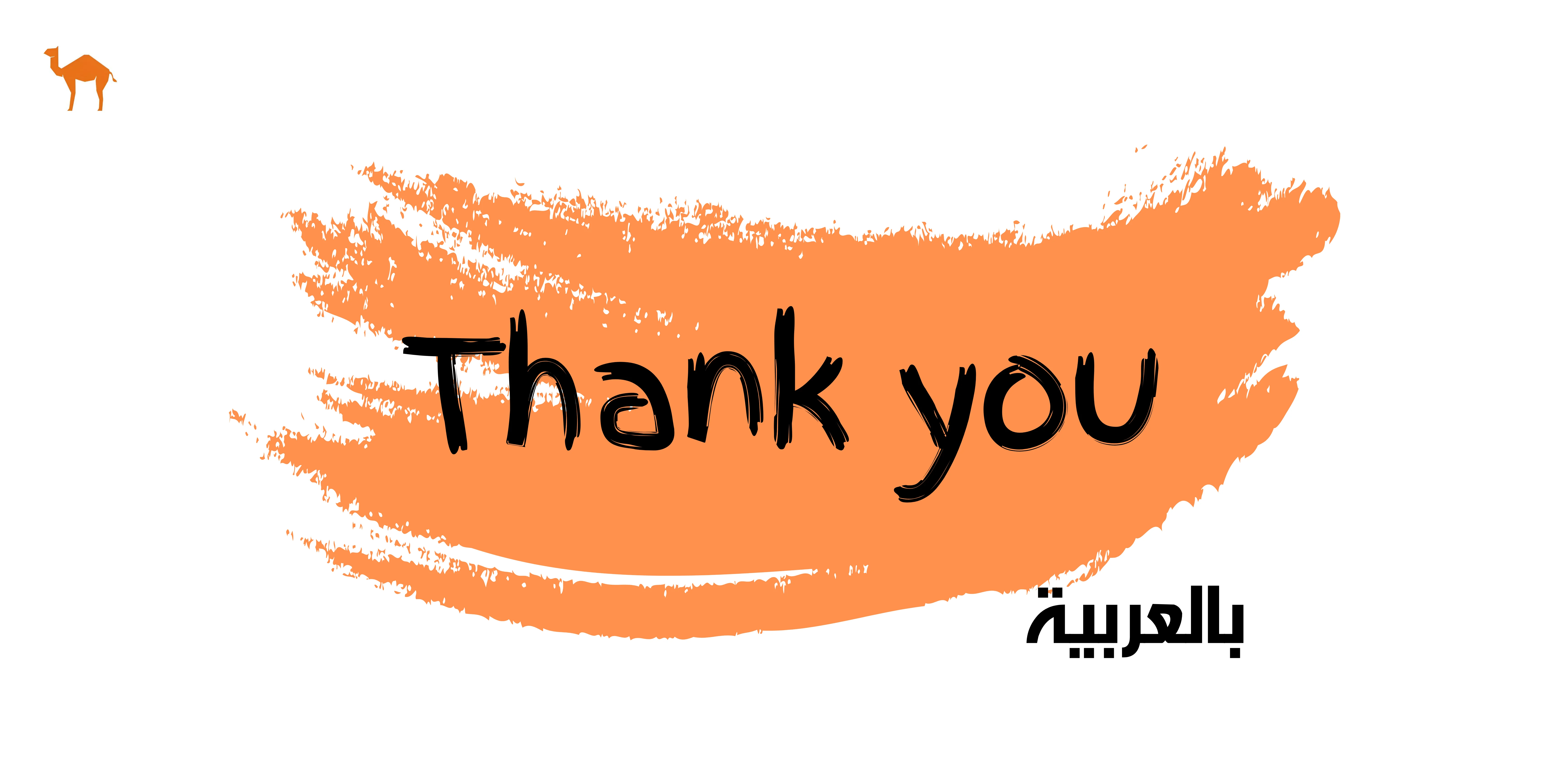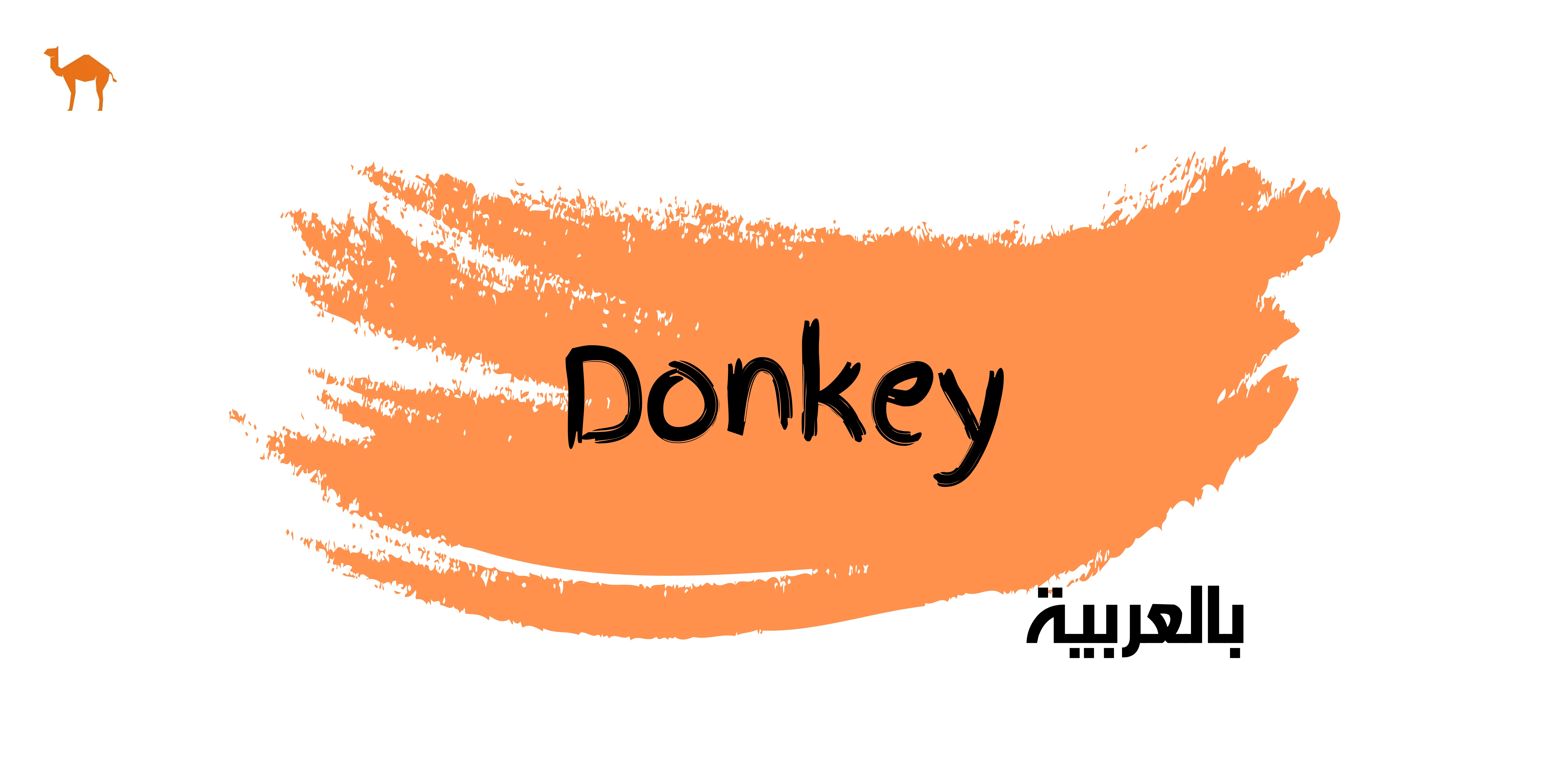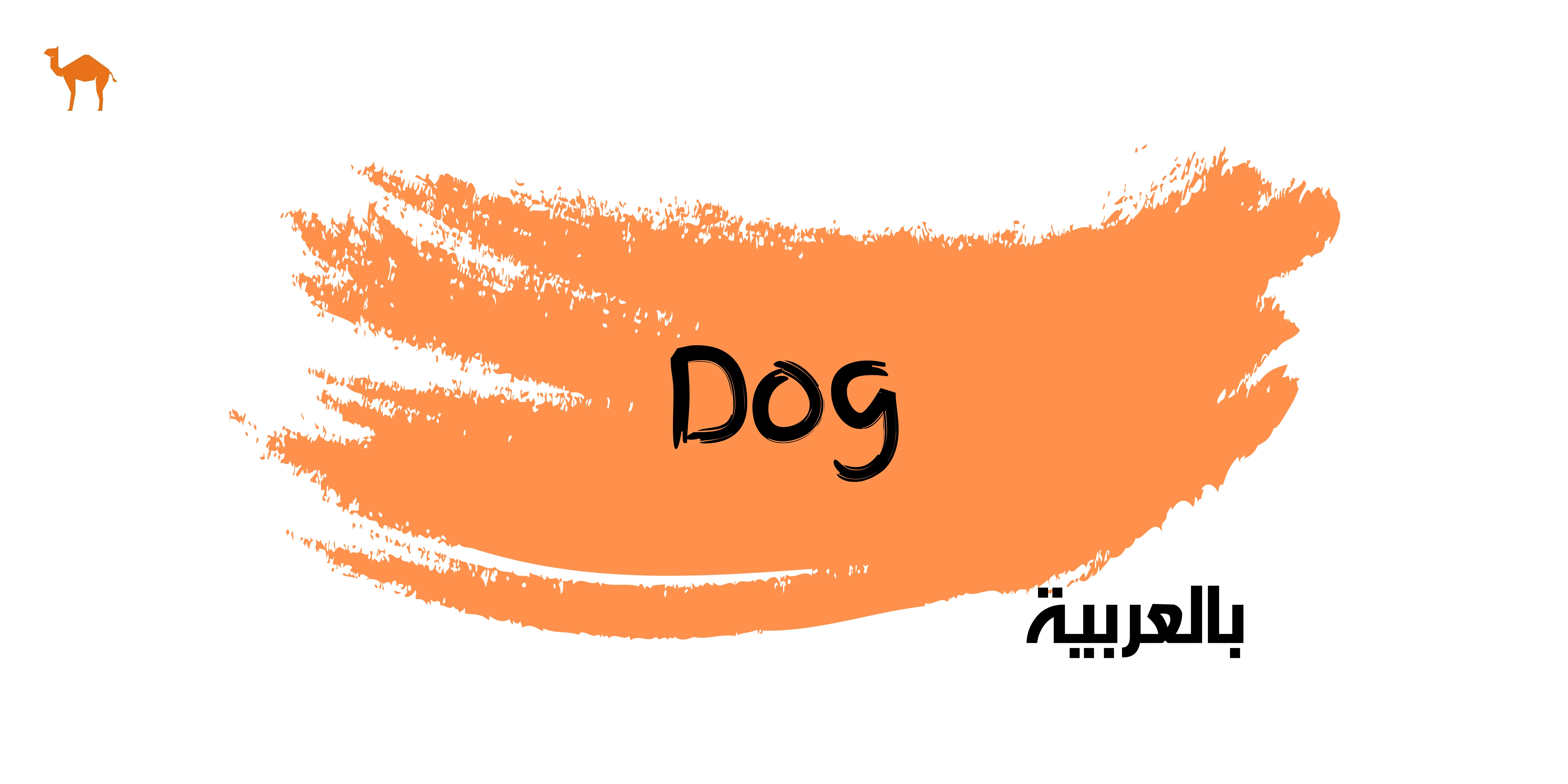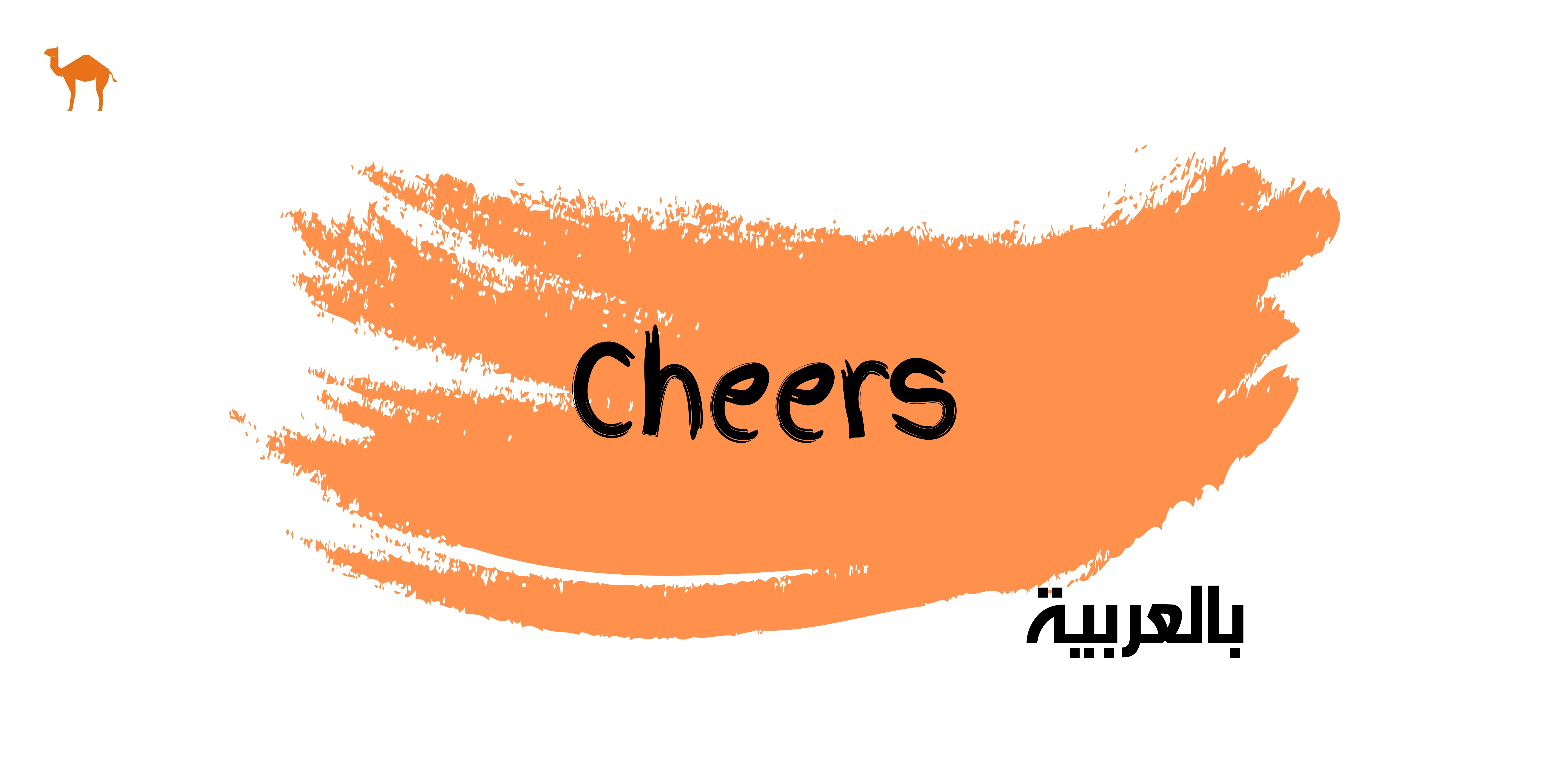How to Say "Thank You" in Arabic

Expressing gratitude builds bonds. People tend to feel valued and appreciated, and uttering a simple "thank you" can help you foster a positive rapport with your family, friends, and everyone around you. In summary, expressing gratitude can create a positive environment and make people feel valued. In this post, you will learn how to say thank you in Arabic with many different dialects.
How to Say Thank You in Arabic
Each country in the MENA region has its colloquial dialect. "thank you" in Arabic can be said in different ways, let’s get started!
- Shukran - شكرًا
Shukran is a widely understood term used in both formal and informal settings throughout Arabic-speaking countries. It comes from the root verb shakara (شَكرَ) meaning “to thank”. Here are the variations of "Shukran" depending on whom you’re addressing:
- Shukran lak – شكرًا لكْ (sing, masc.)
- Shukran laki – شكرًا لكِ (sing, fem.)
- Shukran lakuma - شكرًا لكما (dual fem, dual masc, or mixed)
- Shukran lakun - شكرًا لكُن (plur, fem.)
- Shukran lakum - شكرًا لكم (plur, masc, or mixed)
You can also say "shukran jazeelan" "شكرًا جزيلًا" which means "thank you very much". This Arabic phrase indicates a deeper level of gratitude or thanks. The word 'jazeel' 'جزيل' in Arabic means “a lot”. - Ashkurak - أشكرك
It’s used in a formal context, "Ashkurak" to express gratitude and respect to colleagues and elders. Here are the variations of "Ashkurak" depending on whom you’re addressing:
- Ashkuraka – أشكركَ (sing, masc.)
- Ashkuraki – أشكركِ (sing, fem.)
- Ashkurakuma - أشكركما (dual fem, dual masc, or mixed)
- Ashkurakun - أشكركن (plur, fem.)
- Ashkurakum - أشكركم (plur, masc, or mixed) - Laka Khalis Ash-shukr - لكَ خالص الشكر
The English equivalent of “My sincere thanks to you.”, this Arabic phrase is formal and respectful, emphasizing a more personal show of gratitude. You can change the word 'laka' means "for you" in different forms according to whom you’re addressing:
- laka – لكَ (sing, masc.)
- laki – لكِ (sing, fem.)
- lakuma - لكما (dual fem, dual masc, or mixed)
- lakun - لكُن (plur, fem.)
- lakum- لكم (plur, masc, or mixed) - Mumtanan Lak - مُمتن لك
if you want to express profound gratitude you can use this perfect phrase, which means "I am grateful to you". The adjective 'مُمتنّ' comes from the noun 'امتنان' which means 'gratefulness'.
How to Respond to Thank You in Arabic
- Afwan - عفوًا
This word means “You’re welcome,” and it is a common way to respond to thanks. - Ala Al-rahbi Wa As-se’ah - على الرحبِ والسعة
This expression can be similar to saying “My pleasure” or “You are welcome”.
- La Shukr Ala Wajib - لا شُكر على واجب
This phrase translates to “No need to thanks, it’s my duty”.
- Men Dawa’y Sorory - من دواعي سروري
This phrase means “It is my pleasure”. - Ahlan Bik Fi Ay Wakt - أهلًا بك في أيّ وقت
This phrase offers a nice response to words of gratitude and it means "You're welocme, any time". - La Alaik - لا عليك
This expression is close to the English phrase “Never mind” or “Don’t mention it”. - Ash-shukru Lillah - الشُكر لله
This phrase means "All thanks to God". This phrase signals the humility of the speaker and implies the meaning: “Thanks are only given to Allah”
How to Say Thank You in Arabic Dialects
Arabic-speaking countries have various ways to express gratitude. Here are some phrases used to say "thank you" in different Arabic dialects.
Egyptian
Primarily spoken in Egypt, the Egyptian dialect is one of the most commonly spoken Arabic dialects.
- Moutashaker Awi - مُتشكر أوي
It says "I thank you very much" It can be used informally or formally, choose this expression when you want to give a lot of praise. The Egyptian people are known for their friendly behavior towards each other and for foreigners. Egyptians commonly respond with 'tekram' 'تكرم' which means "my pleasure", or responding with "taht amrak" "تحت أمرك" which means "at your service".
- Teslam - تسلم
It is often used to thank someone's work or for someone who has done something specially for you. You can add the word 'edak' and say 'teslam edak' For example, thanking the chef for cooking a meal. Address men with 'teslam' and women with 'teslami'.
- Kattar Khirak - كتر خيرك
This phrase means "I wish that Allah increase your welfare" and it is commonly used when being highly grateful for someone.
Khaliji (Gulf)
This dialect is frequently used in the United Arab Emirates, Qatar, Bahrain, Kuwait, and certain Saudi Arabia parts such as Oman and Iraq.
- Mashkour - مشكور
Is a formal way to declare, "You are deserving of thanks." "Mashkour" is a synonym for "grateful." Address men with 'mashkour' and women with 'mashkourah'. - Ma Qassart - ما قصرت
It means "You did the best you could and you didn’t limit your kindness or favor on me." This poetic expression captures how much effort someone put into supporting you. - Yaa‘tik Al-‘afiya - يعطيك العافية
It means "May God give you health” This phrase is said in recognition and appreciation of someone’s hard work. In response, you may hear "Allah ya‘fik", which also means "May God bless you with good health”.
Caution: in the Moroccan Darija dialect, '‘Afiya' means fire, so kindly be careful and do not use this phrase in Morocco.
Levantine
This dialect is primarily common in Syria, Jordan, Palestine, and Lebanon.
- Yeslamou - يسلمو
It means "May your hands stay safe." It's a kind expression to honor all the work they've done for you. You can replay with "Allah yeslemak" "الله يسلمك" means "May God protect you". - Betshakkarak - بتشكرك
Is a polite, straightforward way to say, "I'm thanking you." Use "betshakkarak" when you talk to men and "betshakkarek" when you speak to women. You can reply with "wala yhemmak" "ولا يهمك", a casual way to say, "Don't worry about it". Or responding with "ahlan wa sahlan" (أهلًا وسهلًا), which means "welcome". - Ea'esht - عشت
This word means "May you live a long life." a unique way to thank someone special to you.
Darija (Maghrebi)
It refers to any of the varieties of colloquial Maghrebi Arabic in Morocco, Algeria, Tunisia, and Libya.
- Yea'yshak - يعيشك
Means "May God give you a long life." For wishing someone the best, and asking for blessings on their behalf. - Barak Allahu Feek - بارك الله فيك
This phrase shows gratitude and expresses "May God bless you" This expression is common among Muslims in all Arab-speaking countries.
- Saheet - صحيت
Choose this expression when you're very appreciative of a person's work, it means "You did a great job."
Explore the richness of the Arabic language and culture with eArabic.io's online courses tailored for learners worldwide, whether you're a beginner or an advanced student, our comprehensive curriculum and expert instruction provide an immersive learning experience accessible from anywhere. Dive into the program in Arabic, designed to deepen your understanding and proficiency in this vital language. Book a free Arabic lesson!


